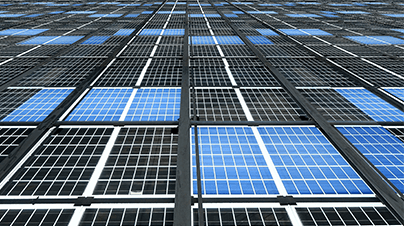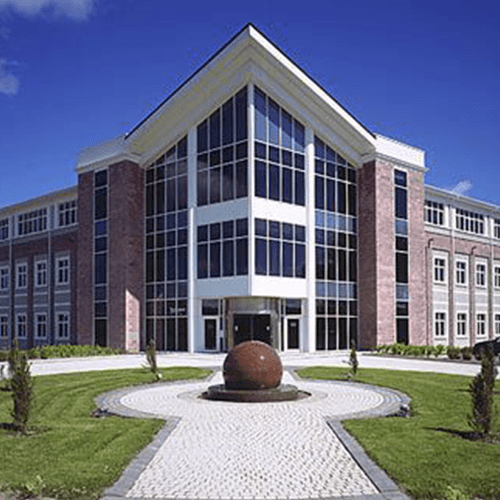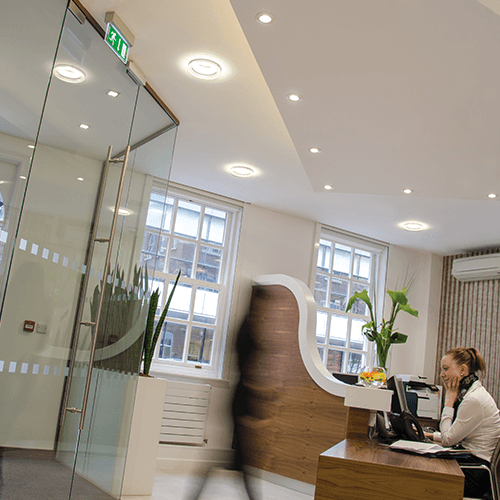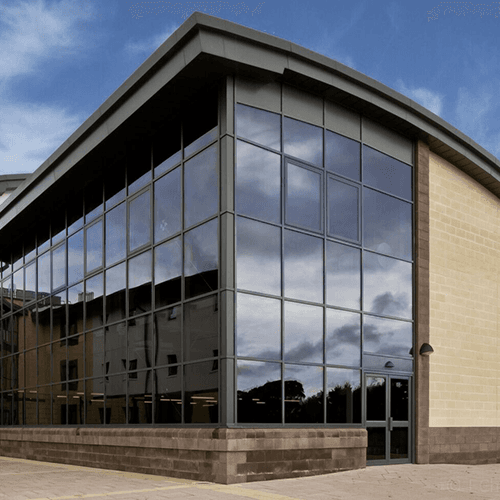
Call Today on · 0161 682 8844
Energy Conservation
CALL US TODAY
0161 682 8844
Energy Conservation + Low Carbon
Analysing the energy efficiency of builds
CALL US TODAY
0161 682 8844
Energy Performance Certificates
Energy Performance Certificates (EPCs) compare the efficiency of different premises and are required for any building being constructed, rented or sold, and (sometimes) following refurbishment. The energy efficiency of a build is determined by analysing how it is constructed, insulated, services and the type of fuel being used. An EPC is produced which rates the building’s efficiency from A (most efficient) to G (least efficient). Only an Accredited Energy Assessor can administer an EPC.
Energy Performance Certificates
Energy Performance Certificates (EPCs) compare the efficiency of different premises and are required for any building being constructed, rented or sold, and (sometimes) following refurbishment. The energy efficiency of a build is determined by analysing how it is constructed, insulated, services and the type of fuel being used. An EPC is produced which rates the building’s efficiency from A (most efficient) to G (least efficient). Only an Accredited Energy Assessor can administer an EPC.
Conservation Technologies
Our projects included and considered these technologies:
Combined Heat and Power (CHP), Absorption Cooling, Biomass Energy, Electricity Generation, Ground, Source Heat Pumps, Wind Energy, Solar Water Heating, Solar Building Heating, Heat and Coolth Storage and Conversion, Photovoltaics (PV), Natural and Recycled Thermal Insulation, Building Air Tightness and Controlled Ventilation, Grey and Rainwater Recycling
Sustainable Energy
Sustainable energy is energy supplied to meet present needs that does not compromise the ability of future generations to meet their requirements. Sustainable energy therefore relies on the use of renewable energy sources such as hydroelectricity, solar energy, geothermal energy or wind energy, as well as ensuring the efficient use of this energy.

Dynamic Thermal Modelling
Dynamic thermal modelling (DSMs) are advanced mathematical models which simulate the Thermal Environment of a Building. DSMs capture the heat transfer process into and through the building, as well as its Thermal Capacity. They also consider real Site Weather Data, detailed 3D building geometry and layout, along with building fabric information and HVAC to create an accurate picture of a buildings total thermal performance.
Dynamic Thermal Modelling
Dynamic thermal modelling (DSMs) are advanced mathematical models which simulate the Thermal Environment of a Building. DSMs capture the heat transfer process into and through the building, as well as its Thermal Capacity. They also consider real Site Weather Data, detailed 3D building geometry and layout, along with building fabric information and HVAC to create an accurate picture of a buildings total thermal performance.
ES CONSULTING
Highly experienced chartered building services engineers that launched in 1997. With an impressive portfolio of clients across a number of industry sectors, we know we can exceed expectations each time.











